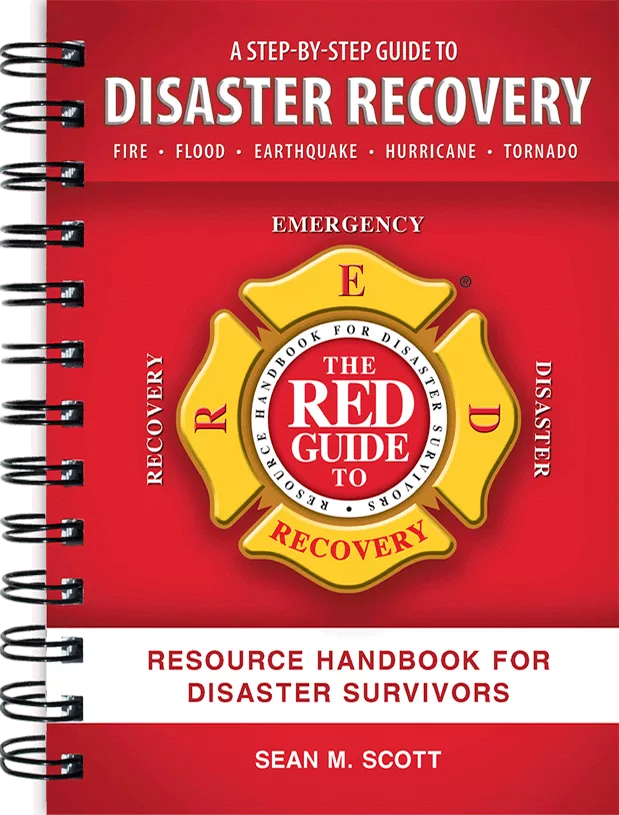Owners Keeping Cash Leave Contractors in a Pickle

Restoration contractors beware: the cash machine is more sluggish than ever. In all my years in insurance restoration, I’ve never seen such a prolonged period of slow payments, late payments and dickering from property owners, insurers and mortgage companies who want to hold on to the cash.
Most restoration contractors I talk with agree that insurers and mortgage companies are delaying longer before paying on losses, co-signing checks or scheduling inspections. But this economy has created a new wrinkle for the restoration contractor who always seems to be called in early but paid late.
More property owners than ever are cashing out claims. Because of the tight economy, owners are foregoing some of their insured repairs in order to keep a portion of their insurance payout to build up their own cash reserves.
This behavior is accelerated by the fact that the days of the $100 deducible are gone. In recent years property owners have raised their deductibles, some to as high as $10,000. To help policyholders work out this shortfall, some agents have encouraged them to negotiate with the contractor to leave part of their repairs undone.
This becomes a problem for the contractor when the insurance re-inspector makes a visit to determine if a restoration is complete. The contractor gets caught in the middle, because he or she does not have permission to complete the job and fulfill the work cited in the estimate.
The re-inspector may think the contractor is in cahoots with the property owner when, in fact, the situation is driven by the owner’s decision to keep as much of the payment as is possible.
There is no simple solution to this problem, but it is essential for the restoration contractor to keep all parties aware of changes in the contract. These changes can affect the profitability of the job. The restoration contractor must also consider two other questions:
- Will the insurance company and mortgage company agree to the non-performance of work?
- Will a change in the contract delay the payment for work?
NIR’s 20th Executive Leadership Conference
Plan now to attend NIR’s Executive Leadership Conference, April 8-9 in Nashville. You’ll meet some of the original NIR members, the true veterans of this industry, while learning about leading-edge techniques for restoration. The program will reinforce the fundamentals of our business while looking at innovations to boost your bottom line.
We’ll also have our series of roundtable discussions, always the most popular feature of the conference. Get the benefit of others’ experiences in dealing with your most pressing problems. For more information, check out www.nir-inc.com/conf or call (843) 973-4200.
Looking for a reprint of this article?
From high-res PDFs to custom plaques, order your copy today!






